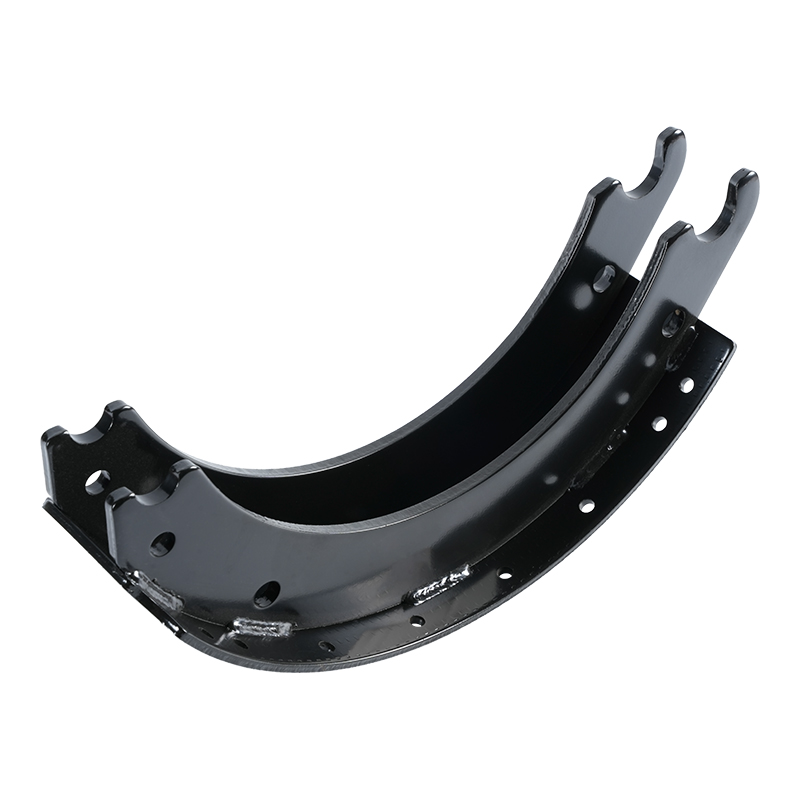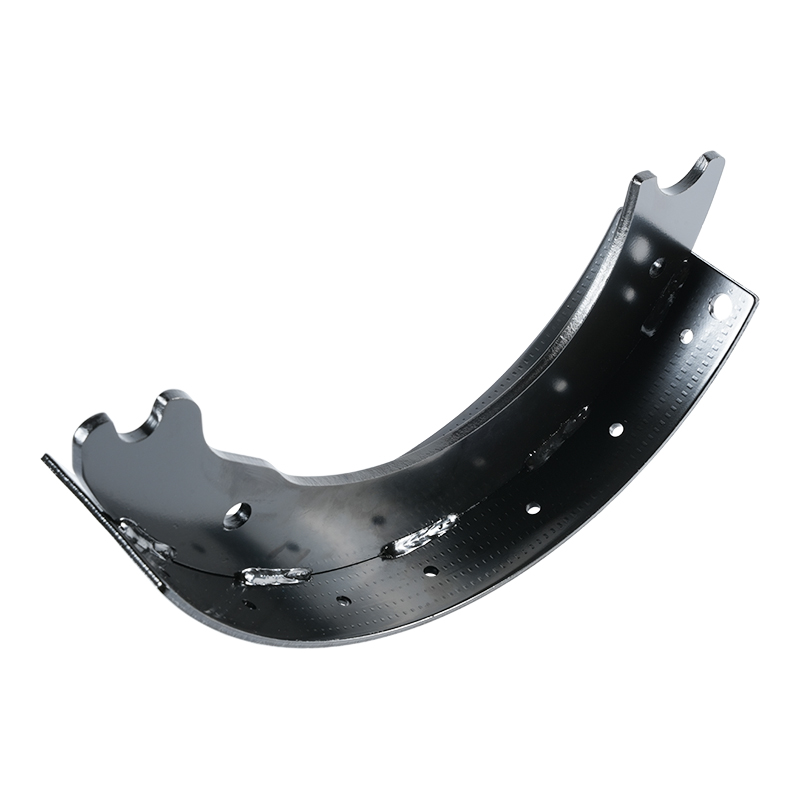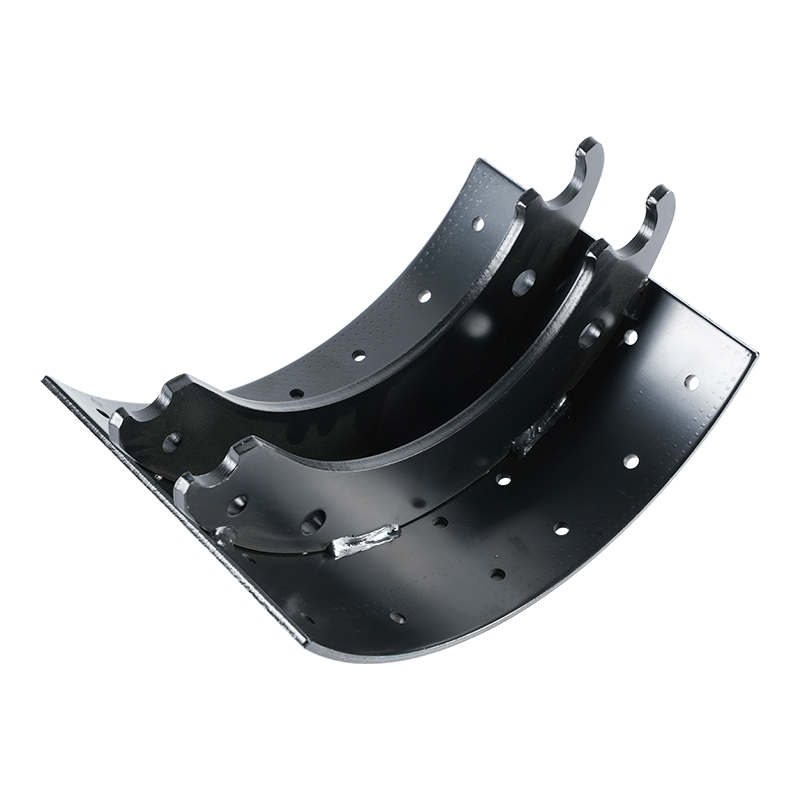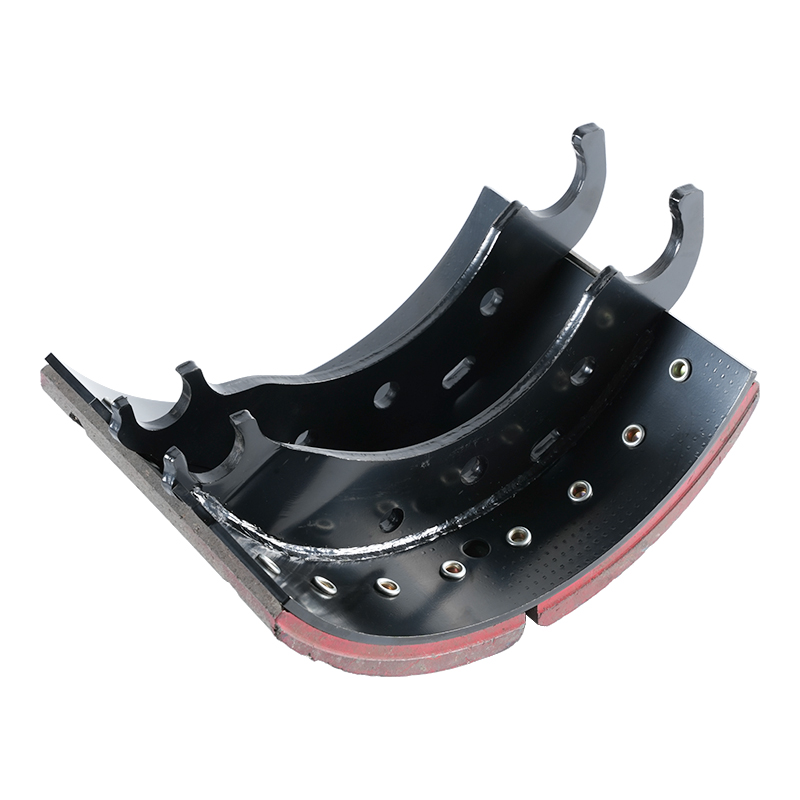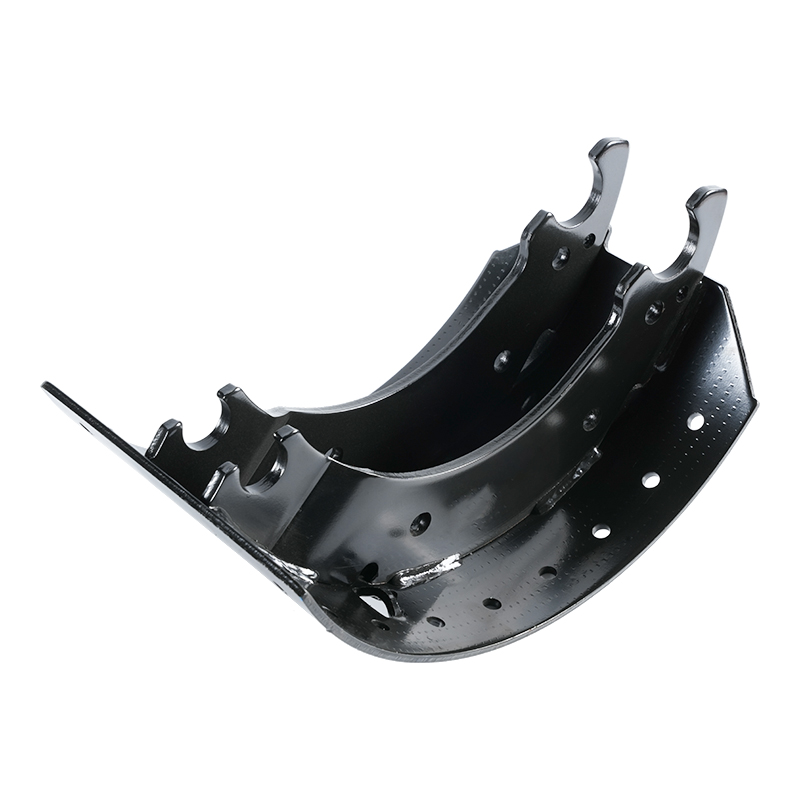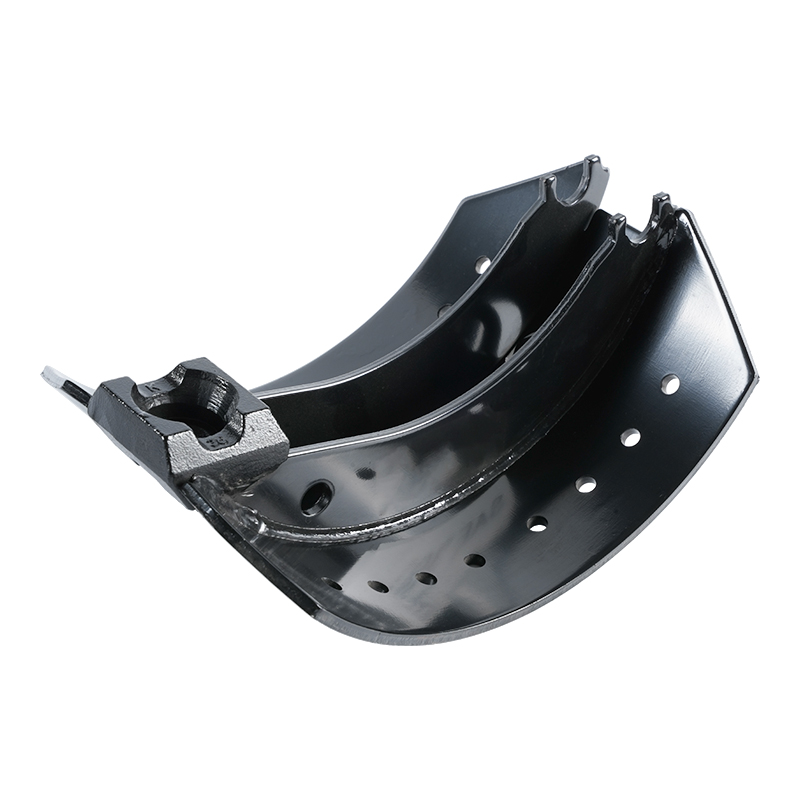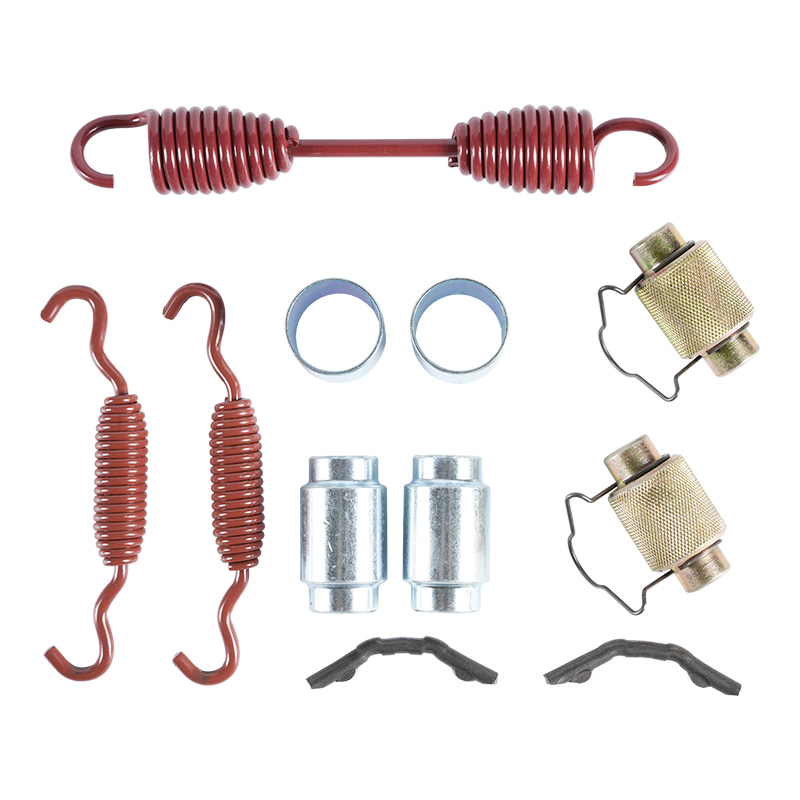Why are my VOLVO 175 brake shoes making a squealing or grinding noise?
 2025.08.05
2025.08.05
 Industry News
Industry News
If you drive a Volvo 175, you might be familiar with the jarring sound of your brakes squealing or grinding. This can be more than just annoying; it often signals a problem that needs attention. Let's explore the common reasons for these noises and what you can do about them.
Common Causes of Brake Noise
1. Worn-Out Brake Shoes: This is the most common reason for a grinding noise. The Volvo 175 brake shoes (sometimes called Volvo 175 brake linings) are designed to press against the inside of the brake drum, creating friction to slow the vehicle. Over time, this friction wears down the lining material. When the lining is completely gone, the metal part of the brake shoe starts to scrape against the metal brake drum, causing a loud grinding sound. This is a critical safety issue and requires immediate replacement of the brake shoes.
2. Glazed or Hardened Brake Shoes: If your Volvo 175 brake shoe assembly gets excessively hot, the surface of the brake lining can become hardened or "glazed." This glassy surface reduces friction, leading to a high-pitched squeal when you apply the brakes. Glazing can be caused by heavy braking, riding the brakes down a long hill, or faulty brake components that cause the brakes to drag.
3. Contamination: Brake shoes are very sensitive to contamination. Oil, grease, brake fluid, or even dirt can get onto the brake lining surface. This contamination reduces the friction needed to stop the vehicle and often results in a loud squealing noise. If you suspect contamination, the brake shoes and drum need to be thoroughly cleaned or, more likely, replaced.
4. Improper Installation: If new Volvo 175 brake linings were recently installed, the noise could be a result of improper installation. Components might not be seated correctly, or the self-adjusting mechanism might not be working properly. This can cause uneven contact between the brake shoes and the drum, leading to noise. A professional inspection is needed to correct this.
5. Rust and Debris: Rust can form on the brake drum and other components, especially if the vehicle has been sitting for a while. When you apply the brakes, the rust can cause a grinding noise until it's worn off. Small stones or other debris can also get lodged between the brake shoe and the drum, creating a scraping sound.
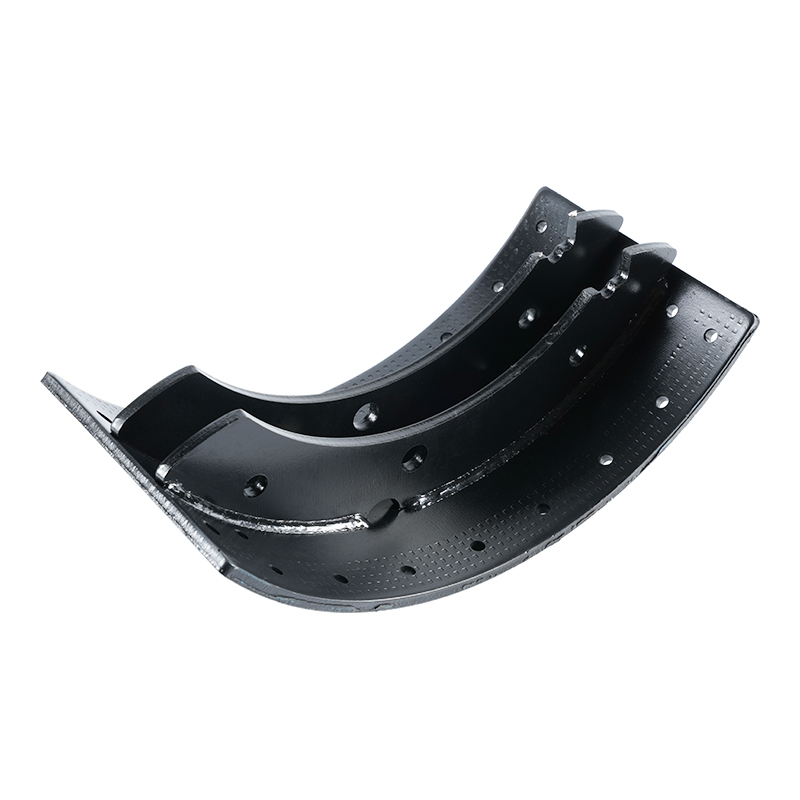
What You Should Do
-
Listen to the sound: A squeal often points to glazing or minor contamination, while a grinding sound is a serious indicator of metal-on-metal contact due to completely worn-out brake shoes.
-
Inspect the brakes: If you are comfortable working on your vehicle, you can remove the brake drum and inspect the brake shoes. Check the thickness of the lining and look for signs of uneven wear, glazing, or contamination.
-
Consult a professional: Brakes are a critical safety system. If you're unsure about the cause of the noise, it's best to have your vehicle inspected by a qualified mechanic. They can properly diagnose the issue and replace the necessary components, whether it's a simple cleaning or a full replacement of your Volvo 175 brake shoes and possibly the drums.
Ignoring brake noise can lead to more expensive repairs, such as having to replace the brake drums, and more importantly, can compromise your safety and the safety of others on the road. Don't delay in addressing these sounds.

 Eng
Eng  中文简体
中文简体
